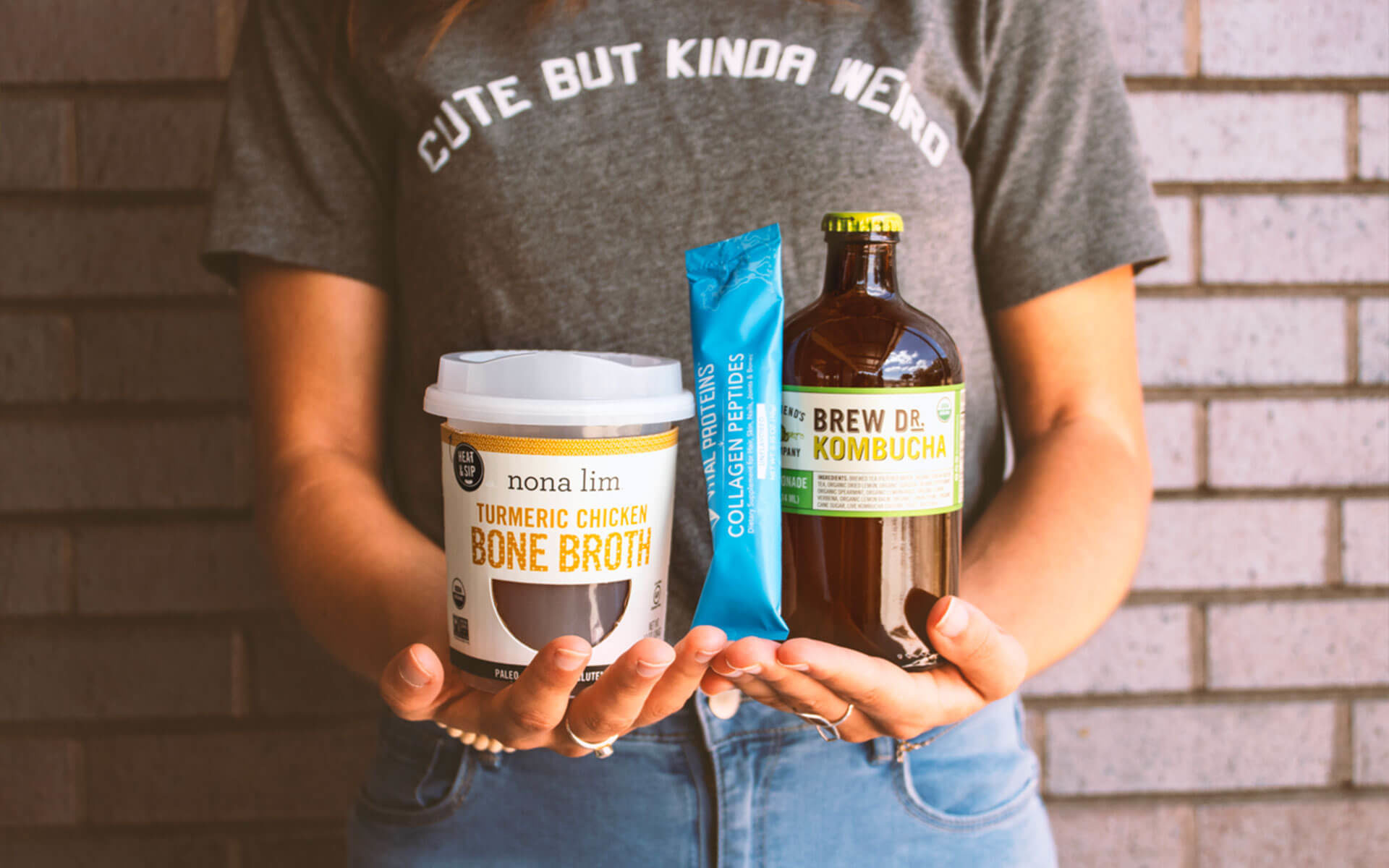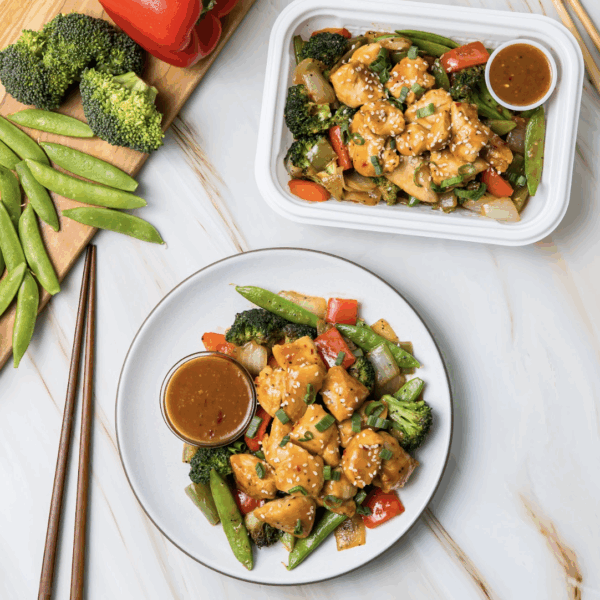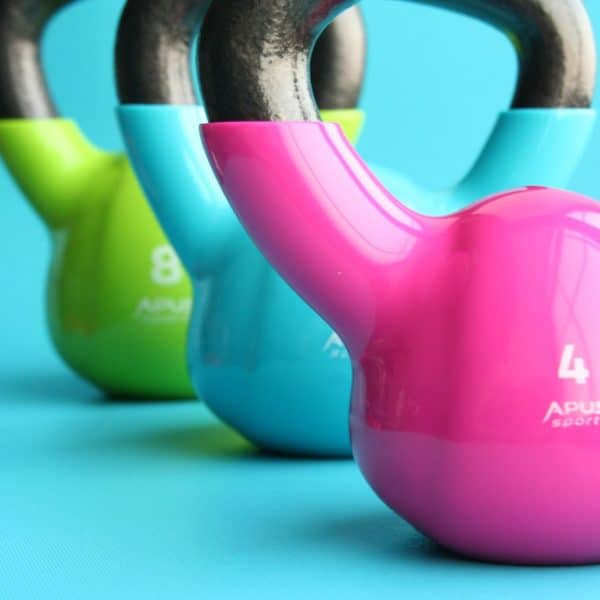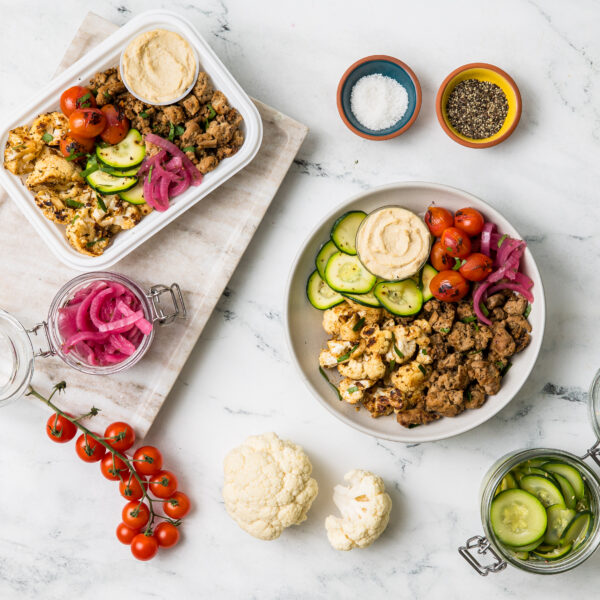Raise your hand if you’ve seen the words “gut health” pop up everywhere and still wonder what that ACTUALLY means 🙋🏻. We know how confusing nutrition can be so we’re breaking down some important stuff about the gut today and explaining the best foods to eat for healthy digestion:
What’s gut health?
Our gut is more than just our stomach: it’s everything that helps digestion from start to finish. From breaking down food to nutrient and energy absorption, we need a healthy gut for the body to function at its best. The “gut microbiome” is basically a fancier name for the millions of bacteria that live in our gut. In our gut, we have a balance of both good and bad bacteria that serve different roles during digestion. Collectively, the good bacteria work to promote healthy digestion and support vitamin and mineral absorption. Maintaining the balance of good and bad gut bacteria is vital, because it affects several other important aspects of health, like immunity and brain function.
With increasing evidence showing the close relationship of the gut to the brain and how the condition of one affects the other, you’ll sometimes hear the gut referred to as the “second brain”. The brain is in constant communication with the gut and tells it what to do. While the common benefits of better digestion may include less bloating and improved skin health, the research is also showing that the brain and gut connection highly impacts our stress level and mood.
So, what does this mean?
The foods you consume highly impacts the type of bacteria in your gut. Having a balance of good and bad gut bacteria = good mood! Bottom line? To maintain this balance, eat real, whole foods and limit your intake of added or refined sugars since they help feed the bad bacteria.
Eating meals filled with fiber from vegetables and complex carbohydrates from foods like quinoa and sweet potatoes helps promote a healthy digestive tract. Additionally, including probiotic-rich foods like fermented vegetables and cultured yogurt also adds good bacteria to your gut. Make it a goal to include at least one (ideally two to three) gut-friendly food into your day:
Examples of foods that support gut health:
- fermented vegetables, like kimchi or sauerkraut
- kombucha
- bone broth
- collagen or gelatin
In order for probiotics to work at their best, it’s also important to consume prebiotics. Prebiotics are the fiber that helps feed good bacteria (probiotics).
Examples of foods with prebiotics:
- asparagus
- oatmeal
- apples
- bananas
- artichokes
- garlic
- onions
- leeks
The key is to vary your food choices and rotate these options often to introduce a wide variety of healthy bacteria into your gut. While the research about the gut microbiome is on-going and we’re still constantly learning more about it, taking proactive steps to care for your gut through healthy food choices can have positive effects on your overall health. So hear us out: healthy gut = healthy mind + body!
Thankfully, the meals and snacks here at Snap Kitchen are packed with gut-friendly finds – we’re in a better mood just thinking about it! 👏 Check out our meals today!





Leave a Reply
1 Comment
Great information. Definitely will focus more on these foods.